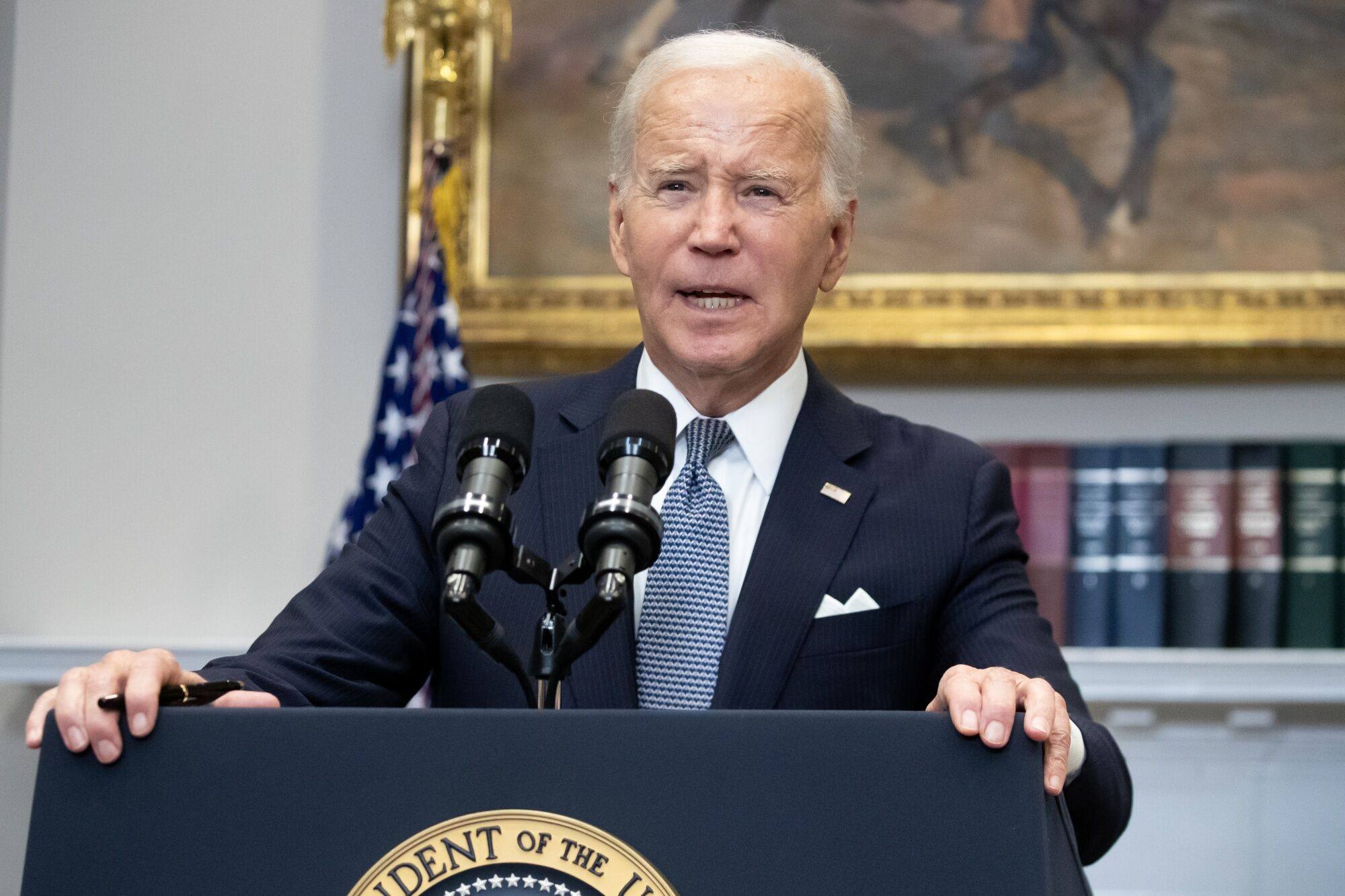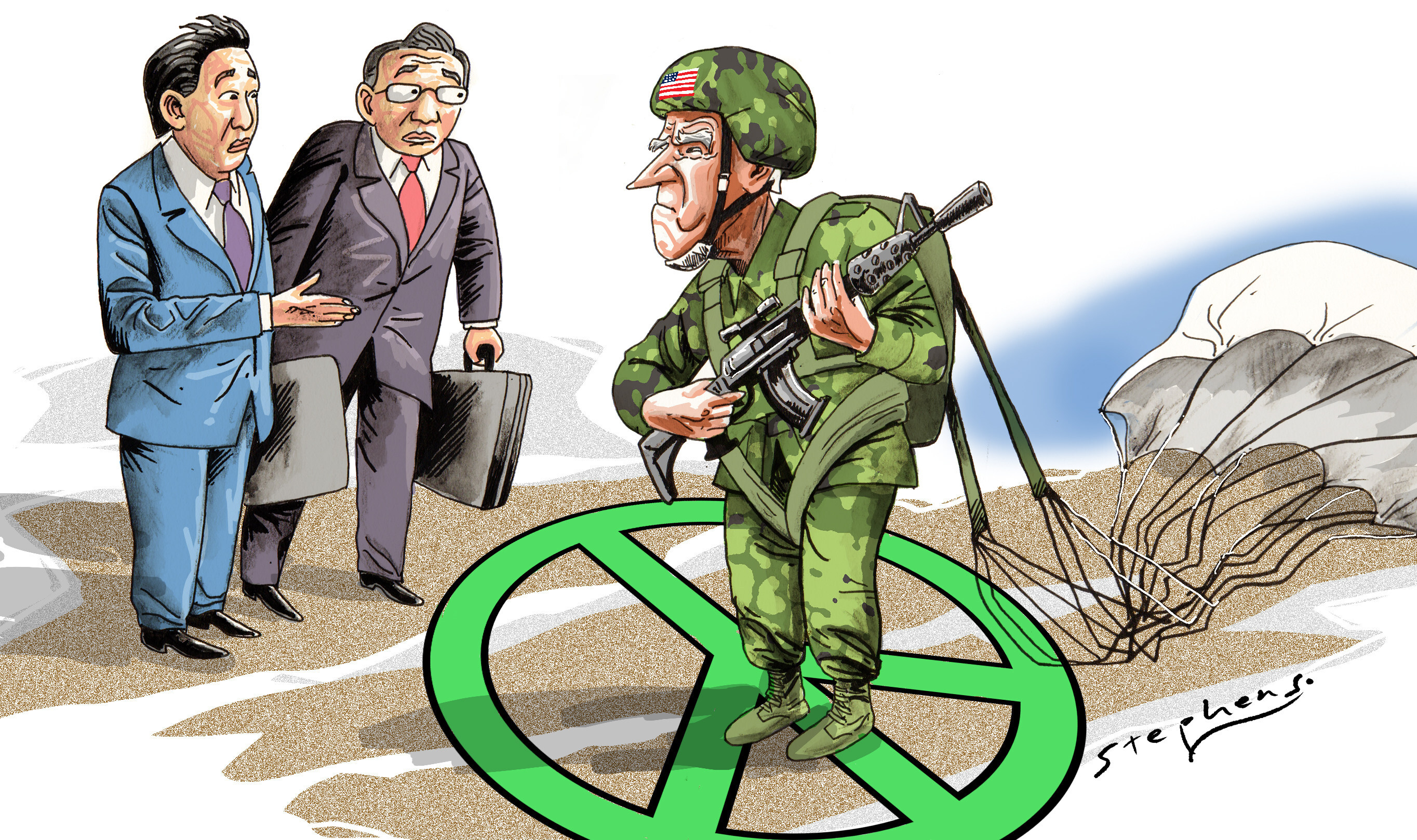Advertisement
Advertisement

Bunn Nagara
Bunn Nagara is a political analyst and honorary research fellow at the Perak Academy. He was formerly a senior fellow at the Institute of Strategic and International Studies (ISIS) Malaysia, an Asean research fellow at ISEAS Singapore, and a research fellow at JIIA Tokyo. He has been the editor of various print and broadcast media over the past four decades. A graduate of Southampton University and Uppsala University, his research spans Asia and global grand strategies.
While Washington has failed to craft a better narrative than ‘democracy vs authoritarianism’, US-led strategic thinkers are misreading the signs, taking non-aligned Asian countries such as India for allies, underestimating Moscow’s strength and failing to see that US policies have pushed Russia and China closer.
The China-brokered deal has provoked anxiety in some quarters over Beijing’s growing clout. However, the principles on which the deal was grounded are international norms, which Asean has been prioritising for years with success.
Rather than ruining Hong Kong, the national security law has bolstered the status quo and returned stability to the streets. Beijing could have shown this rebellious city what abandonment looked like, but it kept faith with Hong Kong and the facts speak for themselves.
The US is prioritising military approaches over economics and that jars with a region deeply invested in peace, stability and prosperity. This crisis demands thinking and acting outside the box of political expediency, but there is little sign the US is capable of doing so.
Advertisement





